As part of last year’s South Asian Heritage Month, the museum welcomed Ananna Young Women’s Group for a workshop entitled Railway Stories: Scenery, Snacks and Suitcases. Ananna is an organisation which has been empowering women across Greater Manchester for 30 years.
The workshop theme was devised by me and Community Partnerships Producer, Faith Yianni. I am the Associate Curator for the upcoming redevelopment of Power Hall: The Law Family Gallery. The aim of the workshop was to inform the Power Hall redevelopment by increasing our understanding of people’s real experience of travel and journeys by train. The workshop was inspired by the locomotives I’d been researching in the Power Hall.
Before the group visited the museum we decided together that during their first visit, we would explore stories inspired by the Vulcan locomotive in Power Hall, and its role in the Partition of India, as well as the wider theme of travel and journeys.
Some of the young women shared their stories about journeys and types of transport they had experienced, including long journeys to Bangladesh and how they visited their family. One group member told the group about how in Bangladesh, she rode a rickshaw, a type of bicycle with a cart to carry passengers. Another shared experiences about a trip to London and how they travelled there by train.
Inspired by the complex story of the Vulcan locomotive and the impact it had on people’s lives, we went on to discuss Partition and what this meant to the group. Partition was the creation of the two independent states of India and Pakistan at the point when the British colonial government was dissolved in 1947. The creation of new political borders led to violence and millions of refugees were displaced. The group spoke about how Partition impacted their families and created struggles for their identity, but also shared stories of survival. We spoke about what it meant for countries to gain independence from British rule, and about why South Asian Heritage Month is an important initiative.
We also had conversations about the significance of the passenger railway during Britain’s rule over India and what this meant for the everyday people experiencing Partition. To support these conversations, the group explored photographs from the museum collection showing passengers on trains in India and Pakistan.

Science Museum Group Collection © The Board of Trustees of the Science Museum, London
The aim of this activity was to spark conversations about what was happening in each of the pictures, including the context, what stood out, and how the images made the group feel.
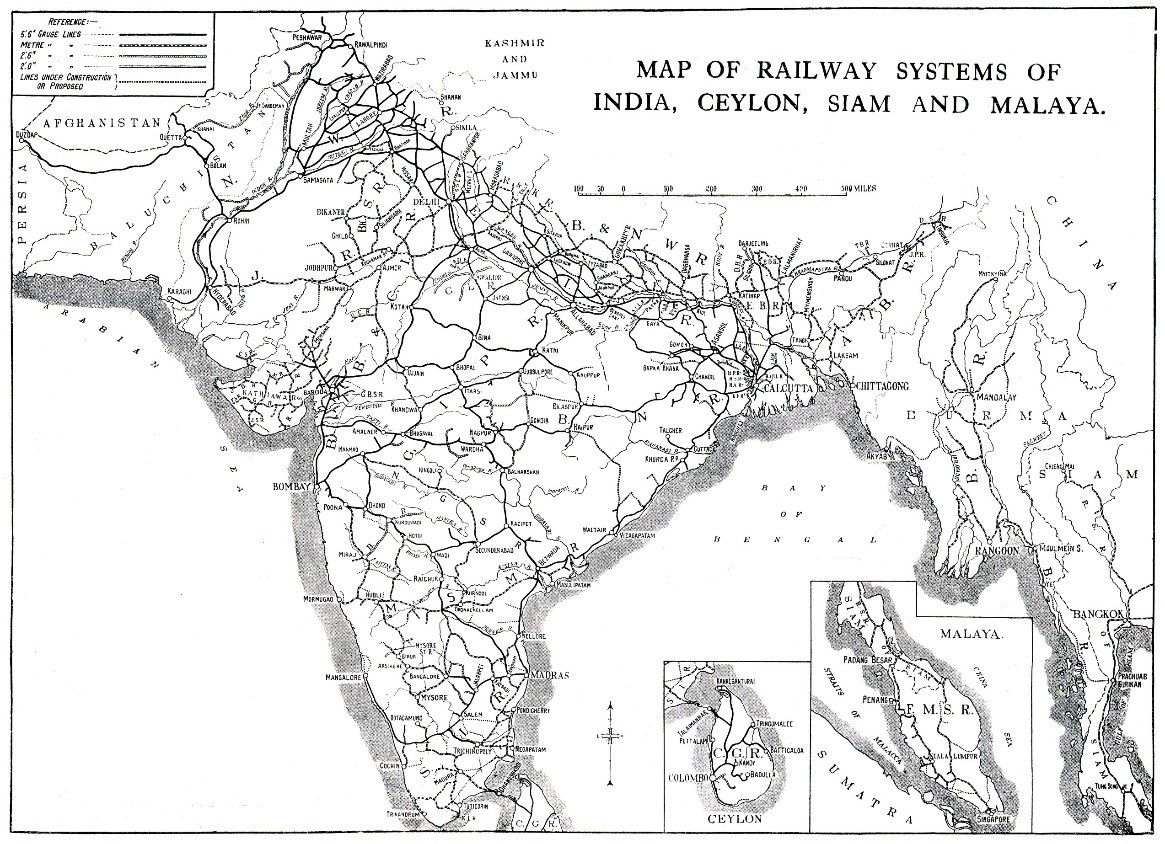
Science Museum Group Collection © The Board of Trustees of the Science Museum, London
After exploring the complex history of Partition, the group returned to reflecting on their own experiences of train travel by designing postcards of some of their travel memories and sharing what they had drawn and why.
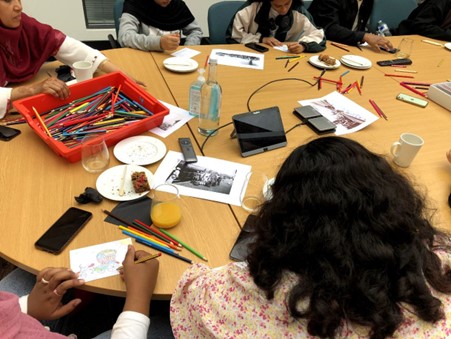
Photograph reproduced with permission from Ananna.
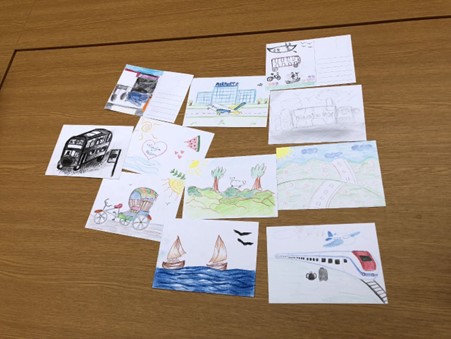
Photograph reproduced with permission from Ananna.
In October 2023, we invited the young women’s group back to the museum to take part in a rickshaw workshop as part of our City Sparks programme. We asked them to design garlands which were then used to decorate the rickshaw.
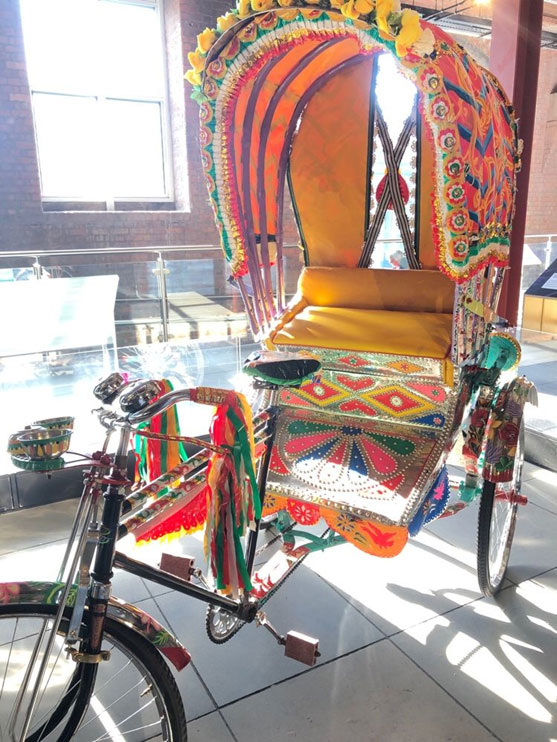
Image: Ananna, with permission from Angela Mozumder
The group designed some beautiful garlands to decorate the rickshaw. Bright, colourful and unique, they instantly transformed the rickshaw and depicted colourful festivities.
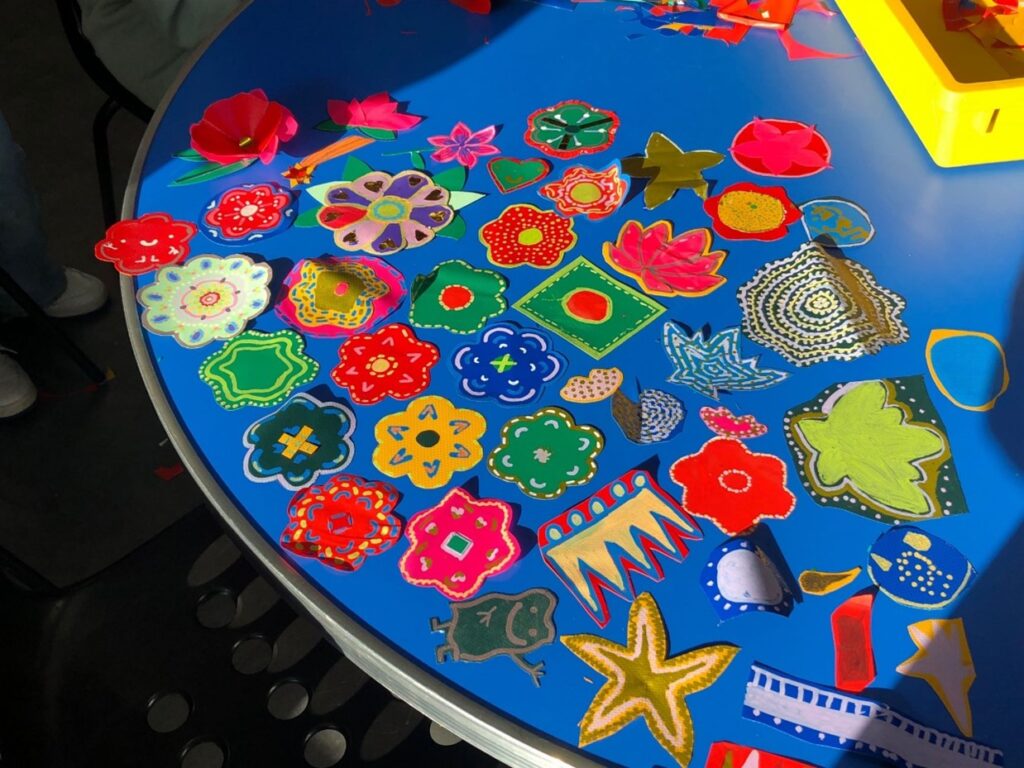
Credit: Angela Mozumder
It has been a pleasure working with Ananna, and we look forward to strengthening our relationship with them in future as we further explore and develop our work around inclusive narratives. If you would like to hear more about their work, visit https://www.mbwo.org.uk/ and follow them on social media @anannamcr.